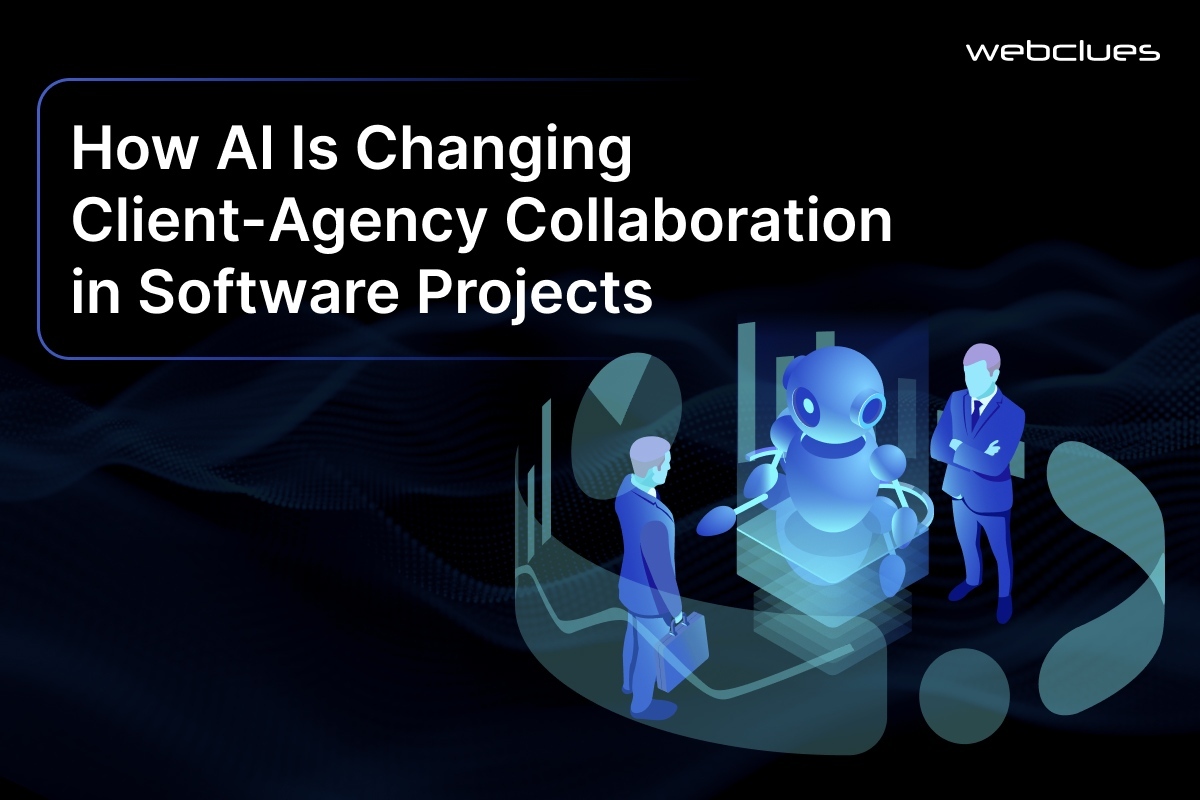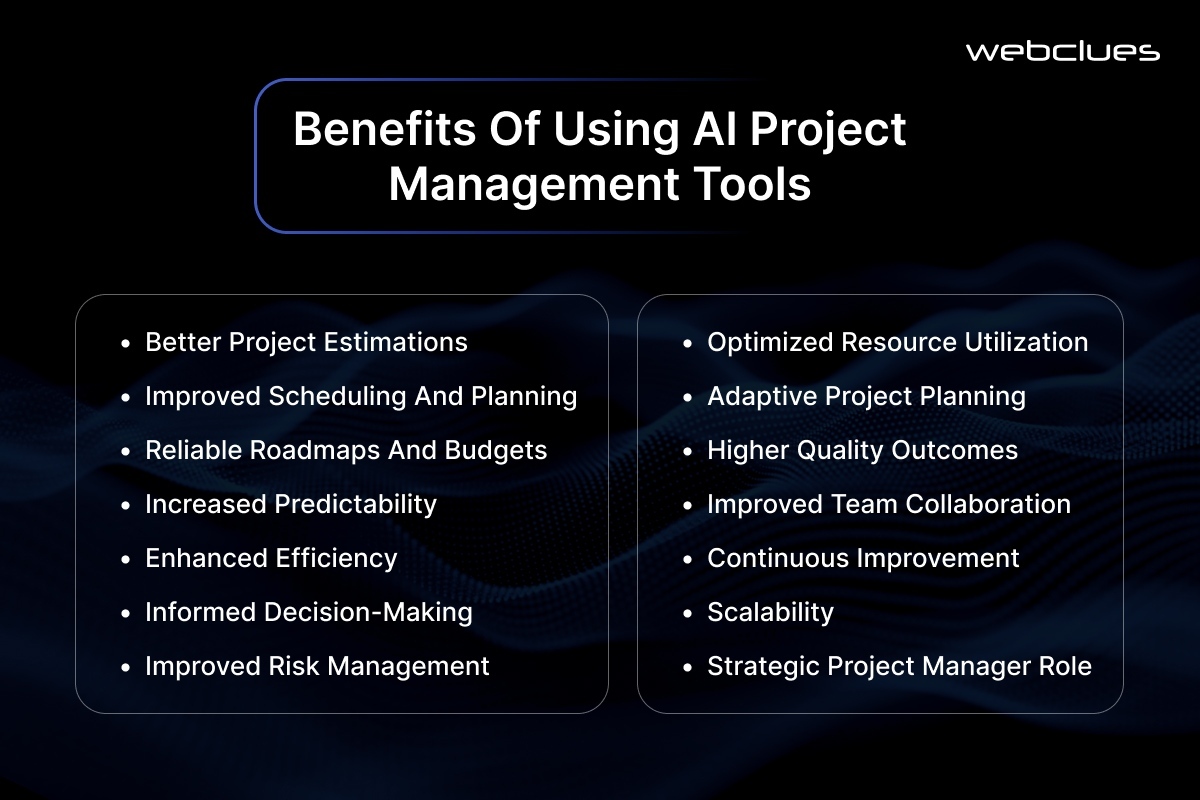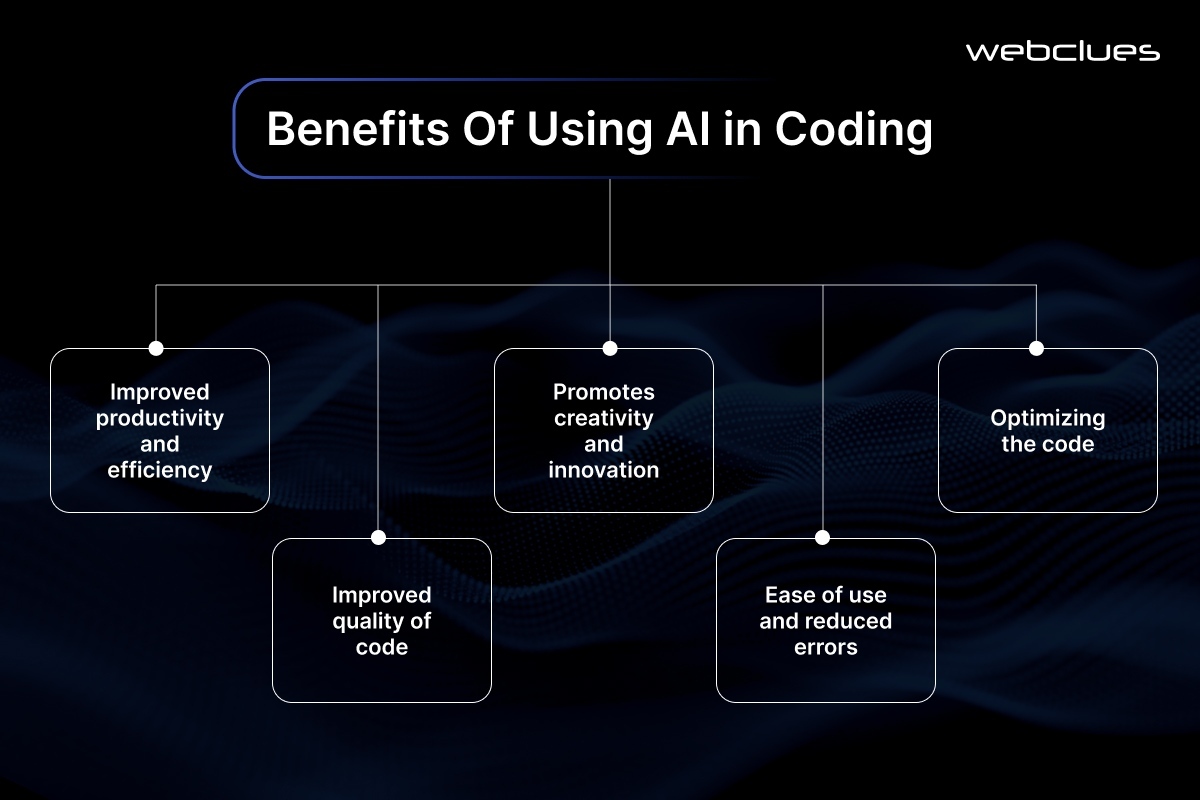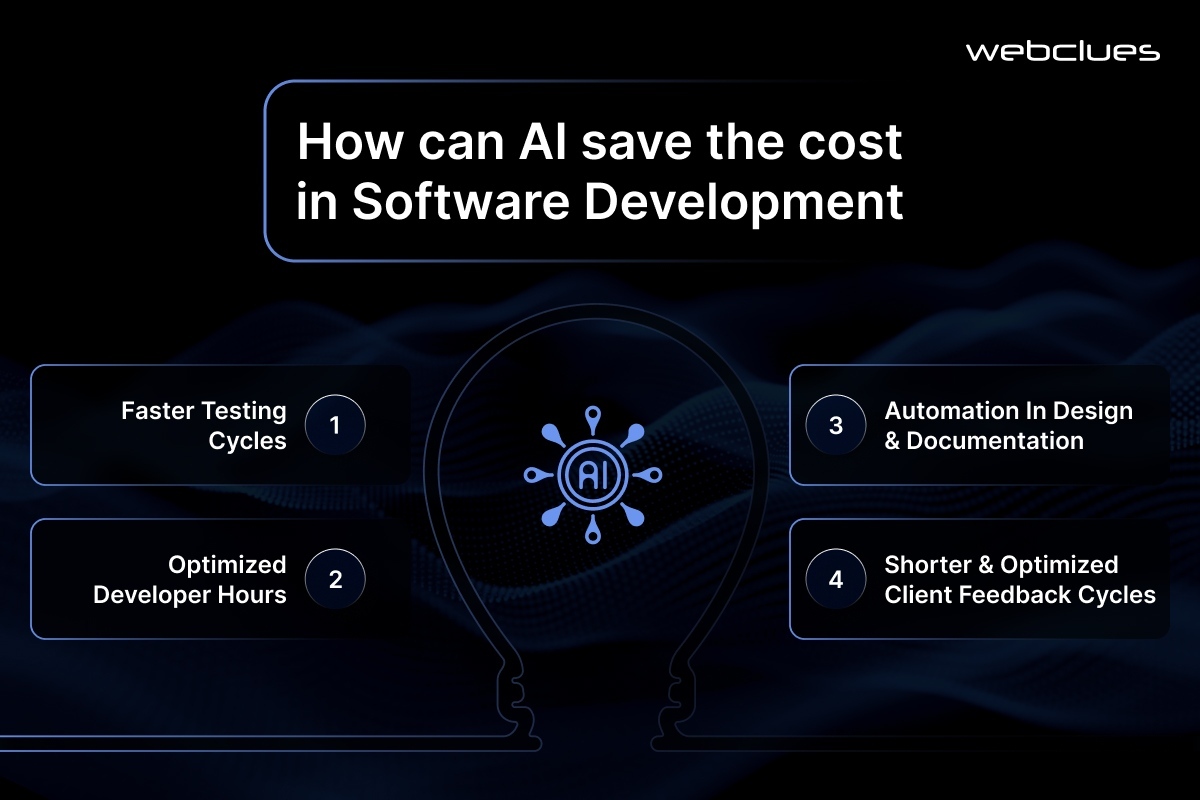How AI Is Changing Client-Agency Collaboration in Software Projects

The way clients and software agencies work together is long overdue for a change. For years, collaboration has relied on email chains, status meetings, and manual project tracking. In a time when speed and clarity matter more than ever, these old habits no longer serve the pace of modern software delivery.
Today, the balance is shifting. Clients expect tighter feedback loops, faster execution, and more visibility into how their product is being built. Agencies, on the other hand, are under pressure to deliver more with leaner teams and tighter timelines. What bridges that gap is not more communication, but smarter tools. And at the center of it all is artificial intelligence.
The rise of AI in software development is doing more than automating tasks. It is changing the rhythm of collaboration itself. From real-time updates to AI-assisted code generation, agencies that adopt AI-driven software development practices are creating faster, leaner, and more transparent workflows. For clients, this translates to clearer visibility, fewer delays, and more confidence in outcomes.
This shift is giving rise to a new breed of AI development company. These are not firms that simply deliver code. They are partners that build smarter. For businesses looking to stay ahead, partnering with a team that offers intelligent, integrated AI development services is quickly becoming the new standard.
What’s Broken in Traditional Client-Agency Collaboration?
Despite all the progress in development tools and frameworks, the way clients and agencies collaborate on software projects still feels outdated. Too often, these relationships are weighed down by slow communication, mismatched expectations, and manual oversight that leaves too much room for error.
Many agencies still rely on fragmented systems to manage updates, feedback, and reporting. Clients, on the other hand, are left juggling spreadsheets, scattered emails, and unclear timelines. Without dedicated client-agency collaboration tools, both sides often struggle to stay aligned. The result is confusion around deliverables, missed handoffs, and inconsistent visibility into progress.
The deeper problem is process rigidity. Scope changes take time to communicate, updates go through layers of manual checks, and decisions stall in long meetings. This not only slows things down but creates tension. When expectations are not clearly communicated, even minor setbacks can feel like broken trust.
In outsourced projects, these issues become even more pronounced. Time zone differences, cultural gaps, and limited face-to-face interaction make it harder to build rapport and keep priorities in sync. Many companies turn to software development outsourcing to move fast, only to find themselves spending more time managing the relationship than the actual product.
These collaboration issues are not just inconveniences. They often lead to scope creep, budget overruns, and missed deadlines. More importantly, they limit the ability of both client and agency to move with agility and confidence.
This is where AI begins to offer a real solution, not by replacing communication, but by supporting it with better context, faster responses, and smarter visibility. The next sections explore how that shift is already reshaping how modern agencies and clients work together.
AI Collaboration Tools Are Bridging the Communication Gap
Manual note-taking during client calls often leads to missed context. Today, AI collaboration tools can capture discussions in real time and generate clear, actionable summaries. Both sides leave meetings with aligned expectations and no ambiguity on next steps.
Instant Project Updates
Chat-based assistants now handle routine questions like task status, file locations, or sprint progress. Instead of waiting on a project manager, clients get immediate answers. This improves clarity and supports fast software development by removing communication delays.
Clearer Global Communication
For cross-border projects, artificial intelligence in software projects solves language and timezone barriers. Real-time translation and asynchronous response handling make global teams feel local. Everyone stays aligned, regardless of location.
A Continuous Feedback Loop
These tools make collaboration more than a series of check-ins. With AI in project management, communication becomes a real-time flow. Updates are accessible, responses are faster, and both client and agency stay on the same page throughout the project.
Why AI Project Management Tools Improve Visibility and Trust
Many client-agency projects struggle not because of poor execution, but because of weak planning and limited visibility. AI is changing that by giving both sides access to smarter tools that simplify how work is planned, tracked, and delivered.
With AI-powered project management, schedules are built around real data. Task estimates improve, timelines become more accurate, and adjustments are easier to manage. These systems also flag delays or risks before they become real issues, helping teams act early instead of reacting late.
For clients, AI in software project management means always knowing where things stand. Dashboards show progress, highlight priorities, and reduce the need for constant check-ins. This creates space for actual progress rather than status updates.
In agile software development, where change is expected, this kind of support adds structure without slowing teams down. It keeps agencies focused and clients informed, which is exactly where trust begins.

Accelerating Development with AI-Assisted Coding
Writing code is no longer just a manual task. With the rise of AI-driven software development, engineers now work alongside tools that help them write, review, and refine code more efficiently. This shift is shortening development cycles and allowing clients to see results sooner.
Tools like GitHub Copilot can suggest code snippets, auto-complete functions, and even guide developers through unfamiliar frameworks. Instead of starting from scratch, teams can build on solid foundations generated by intelligent systems. This speeds up delivery without cutting corners.
Beyond writing code, AI is also assisting with the repetitive tasks that slow teams down. Unit tests, documentation, and boilerplate code can all be generated in seconds. For many teams, these used to be the last items on the to-do list. Now, they get done early and consistently, improving overall product quality.
Faster builds lead to faster feedback. Clients no longer wait weeks to see a feature in action. With AI-powered development, changes can be reviewed quickly and approved with confidence. Feedback loops tighten, reducing back-and-forth and keeping momentum steady.
For modern teams, AI tools for software development are not just a boost in speed. They create space for better thinking, cleaner code, and more focus on solving the right problems.

How AI Cuts Costs Without Cutting Quality
One of the most immediate advantages of using AI in software projects is the impact on cost. By reducing the number of human hours required for repetitive or time-consuming tasks, AI helps development teams deliver more while spending less. This leads to a more cost-effective software development process without sacrificing quality.
Teams that integrate AI development services into their workflow can move faster. Code generation, documentation, testing, and even initial design mockups can be handled or accelerated with AI tools. Instead of multiple team members juggling small, recurring tasks, a leaner team can focus on what really matters, such as product logic, usability, and long-term scalability.
Here’s how that translates to savings:
- Fewer developer hours spent on boilerplate code and setup
- Faster testing cycles with AI-generated test cases
- Design suggestions and documentation handled automatically
- Less back-and-forth in client feedback cycles

For clients, this means lower bills and faster go-to-market timelines. When working with an AI software development company, businesses can expect streamlined processes that keep quality high and project budgets in control.
AI as a Creative and Strategic Partner
AI isn’t just about getting things done faster. It also opens up new ways to think, build, and solve problems. Agencies that embrace this shift are no longer just delivery partners; they are becoming creative collaborators who help shape the product vision.
Through generative AI, developers and designers can explore prototypes, interfaces, and content ideas rapidly. This allows teams to test ideas early, share mockups quickly, and make decisions based on what feels right in practice, not just theory.
The real edge, though, comes from data. With AI processing user behavior, market patterns, and feature usage, teams can build smarter. Instead of relying on assumptions, they respond to real signals.
Clients working with such teams experience:
- Faster validation of product ideas
- More personalized user flows powered by AI insights
- Smarter prioritization of features
These are some of the real benefits of AI in software project collaboration. They go beyond delivery and into strategic value creation. This is also how AI is changing software development at its core, from static planning to dynamic, data-informed building.
What to Look for in an AI-First Development Partner
As AI becomes more central to the way software is built, choosing the right development partner matters more than ever. Not every agency that claims to work with AI knows how to use it effectively.
When evaluating an AI development company, here are a few questions to ask:
- Do they integrate AI into project planning, testing, and communication?
- Can they clearly explain how AI adds value to your specific use case?
- Do they balance automation with human input and oversight?
- Are delivery metrics and project health visible to both teams at all times?
A good partner won’t just offer AI in software development as a buzzword. They will use it to improve delivery, reduce overhead, and unlock smarter solutions.
If you are working with an AI software development company like WebClues Infotech, you should expect clear communication, fast turnarounds, and a collaborative approach that uses AI to support, not replace, strategic thinking.
A New Standard for Client-Agency Collaboration
Software collaboration is no longer about weekly calls and manual updates. With AI in the mix, clients and agencies now have the tools to stay in sync continuously. Visibility is no longer a request. It is built into the system.
This shift is not about replacing human roles. It is about enhancing them. With AI in software development, teams gain speed, clarity, and a shared sense of direction. With the right processes in place, collaboration becomes predictive instead of reactive.
Agencies that invest in AI development services are not just building faster. They are building smarter, and they are giving their clients more control without more complexity. For companies that are ready to move fast and stay aligned, this new model creates better software and better outcomes.
This is how AI improves client-agency collaboration. It helps both sides focus on what they do best, while technology takes care of the rest.
If you are exploring this shift and need a partner who understands how to make it work, WebClues Infotech is ready to help. We bring clarity, efficiency, and experience to every project powered by AI. Connect with us to build your next product the smarter way.
Build Your Agile Team
Hire Skilled Developer From Us
Reduce rework and approval cycles with AI-driven coding, smart QA, and agile reporting from WebClues.
WebClues Infotech helps development teams build faster and smarter using AI-assisted tools for planning, documentation, and delivery. Get more done with fewer blockers and better alignment across client and engineering teams.
Book Free Consultation!Our Recent Blogs
Sharing knowledge helps us grow, stay motivated and stay on-track with frontier technological and design concepts. Developers and business innovators, customers and employees - our events are all about you.





